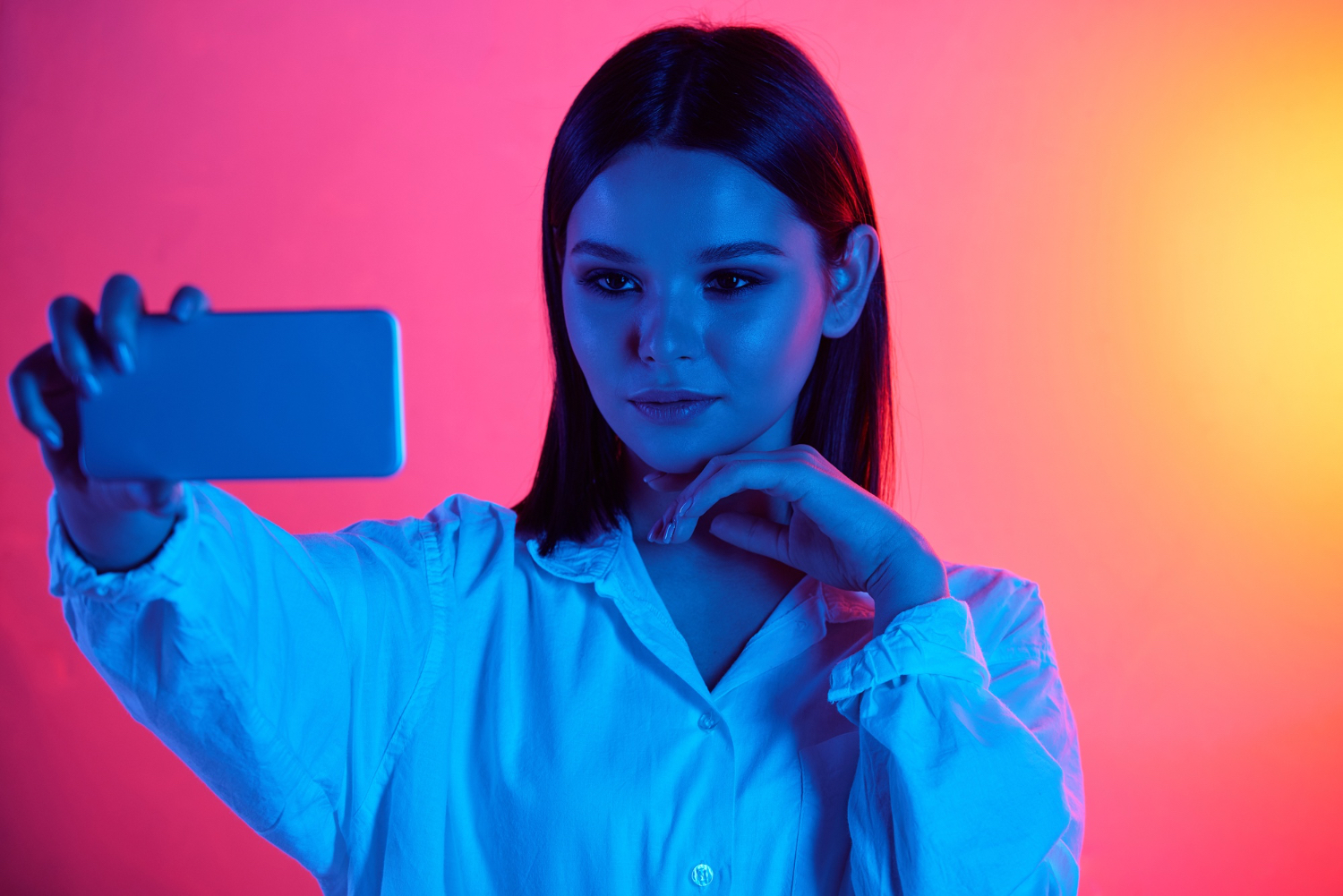
Illuminating Instagram: The Definitive Guide to Dark Mode on PC
Published Jul 19, 2024Contents
- Enabling Dark Mode on Instagram for PC: Step-by-Step Guide
- Exploring the Benefits of Dark Mode for Social Media Platforms
- Tips for Digital Marketers: How Dark Mode Can Enhance User Experience
- Future of Dark Mode: What to Expect for Instagram and Other Social Platforms
- Conclusion
Enabling Dark Mode on Instagram for PC: Step-by-Step Guide
Method 1: Using Browser Settings
Open Your Browser:
Launch Google Chrome or any other browser you use frequently.
Access Settings:
In Chrome, click on the three-dot menu in the upper-right corner and select "Settings."
Enable Dark Mode:
Scroll down to "Appearance" and select "Theme." Choose "Dark" to activate dark mode for your browser.
Screenshots and visual aids can help make this process easier. Consider infographics showing each step clearly.
Method 2: Using Third-Party Extensions
Visit Chrome Web Store:
Open the Chrome Web Store and search for "Dark Mode extensions."
Install an Extension:
Choose a reputable dark mode extension like "Dark Reader" and click "Add to Chrome." Follow the installation prompts.
Activate the Extension:
Once installed, click on the extension icon in your browser’s toolbar and toggle dark mode on.
Using third-party extensions offers more customization, making it a preferred choice for many users.
Troubleshooting Common Issues
Dark Mode Not Activating:
Ensure your browser is updated to the latest version. An outdated browser may not support dark mode features.
Extension Conflicts:
Disable other extensions that might conflict with your dark mode extension. Restarting your browser can also help.
Visual Discrepancies:
Some websites might not display correctly in dark mode. For specific pages, you can disable dark mode temporarily.
These detailed steps ensure that even users with basic technical skills can follow along.
Exploring the Benefits of Dark Mode for Social Media Platforms
Reduced Eye Strain
Dark mode reduces the amount of blue light emitted by your screen, which can help lessen eye strain. This is particularly beneficial for social media enthusiasts who spend long hours browsing.
Improved Battery Life
For devices with OLED screens, dark mode can save battery life. When pixels are black, they are essentially turned off, leading to less power consumption.
Enhanced Aesthetics
Let's face it—dark mode looks sleek and modern. It can make your Instagram feed pop, providing a visually appealing experience that many users prefer.
These benefits make dark mode a must-try feature for anyone spending considerable time on social media.
Tips for Digital Marketers: How Dark Mode Can Enhance User Experience
Increased Engagement
A comfortable viewing experience can lead to increased engagement. Users are more likely to spend time on your content if they aren’t straining their eyes.
Better Readability
Dark mode can improve text readability, making it easier for your audience to consume content, especially in low-light conditions.
Attracting a Modern Audience
Adopting dark mode demonstrates that your brand is up-to-date with current technology trends, appealing to a younger, tech-savvy audience.
By understanding these nuances, digital marketers can better cater to their audience and improve overall user experience.
Future of Dark Mode: What to Expect for Instagram and Other Social Platforms
Emerging Trends
The trend of dark mode is not slowing down. More social platforms are adopting dark themes, providing users with consistent experiences across various apps.
Integration With AI
Future iterations of dark mode might include AI-driven adjustments that optimize brightness and color contrast based on user preferences and time of day.
Expanding Customization Options
Expect more customization options in the future, allowing users to tweak dark mode settings to suit individual needs better. This could include adjusting hue, saturation, and brightness levels.
These trends indicate that dark mode will continue to evolve, offering users more control and better experiences.
Conclusion
Dark mode is more than just a visual preference; it's a crucial tool for enhancing user experience, reducing eye strain, and keeping up with social media trends. Whether you're a social media enthusiast, an avid Instagram user, or a digital marketer, understanding how to enable and utilize dark mode can significantly benefit you.
By following our detailed guide, you can easily enable Instagram Dark Mode on your PC and start enjoying its numerous benefits. Stay ahead of the curve and make the most out of your social media experience.
For more insights and updates, make sure to explore further resources and stay connected with the latest trends in social media technology.
Grow your Instagram with Stormlikes

Georgia Austin
AUTHOR & EDITOR-IN-CHIEFGeorgia Austin is a writer who specializes in social media, marketing, and digital strategy. She is a graduate of Antioch College and earned her MBA at Boston College's Carroll Graduate School of Management, specializing in STEM Management. Her work has been published in numerous academic journals and mainstream publications. She lives in New England with her husband, two children, and three dogs.


